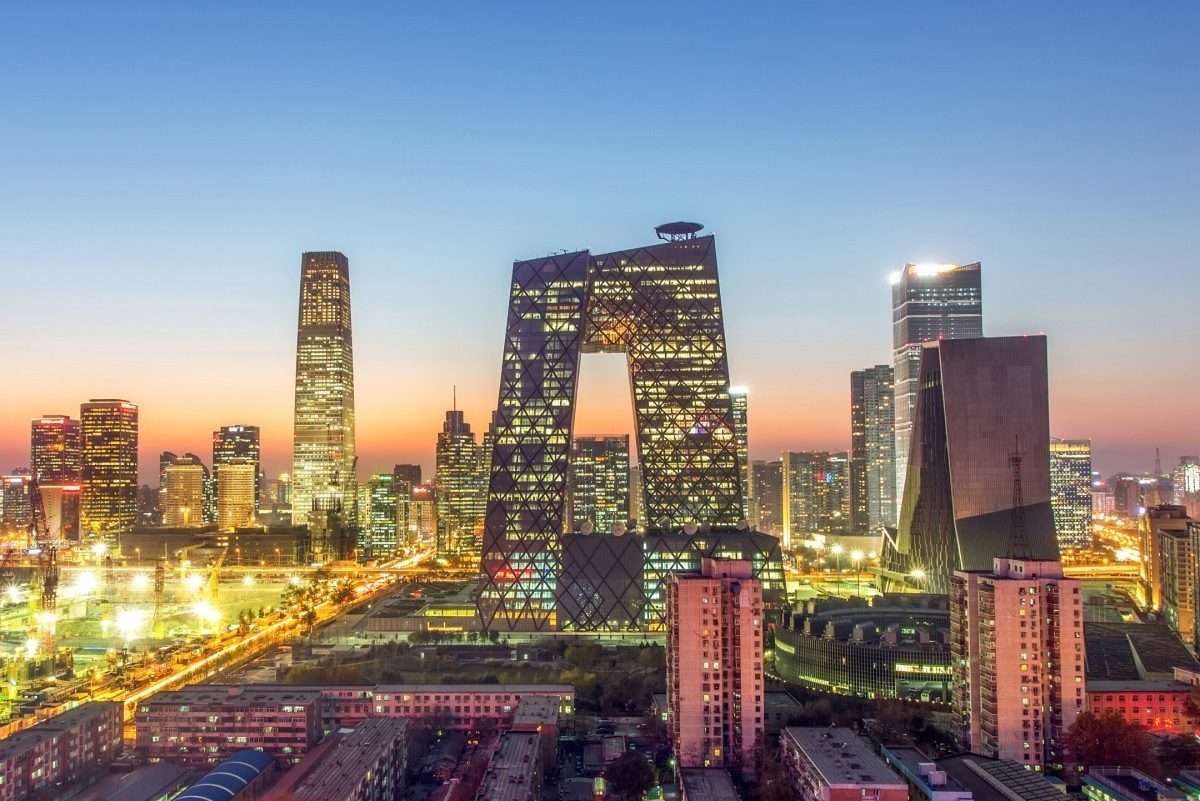Skift Take
A largely closed-off international sporting event in China’s capital city means the historically fickle Olympic bump in hotel business is more likely to be an Olympic blip.
The Winter Olympics host city this week is one of the few major markets in China that has something to boast about regarding hotel performance.
Daily rates at hotels in Beijing were nearly double 2019 levels due to the ongoing Winter Olympics, according to STR’s most recent data set which included the first full day of the competition. This was in response to potential business from media and anyone allowed to attend the largely closed-off sporting event and who weren’t athletes staying in the Olympic Village.
The daily rate figure is still something to brag about, as hotel companies around the world have been able to accelerate their recovery out of the pandemic by maintaining or charging higher rates while occupancy takes longer to rebuild. A rate recovery following deep discounts usually aimed at stirring demand is why it can take the hotel industry many years to fully rebound following an economic downturn.
It’s still not time for a victory lap: Occupancy rates, at 33 percent, were still weak last week in Beijing. This was due to a combination of Lunar New Year — when travelers typically head to more resort and leisure-oriented destinations like Sanya — as well as various lockdowns and restrictions in other parts of the country amid new case spikes.
The number of hotels benefitting from higher rates was also likely to be limited: Only a select number of hotels are within Beijing’s “closed loop” network for the games that allows the competition to go on without exposing the rest of the city to the influx of international visitors. China remains largely closed off to the rest of the world as part of its Covid-zero strategy.
“Beijing [hotels in the closed loop] probably got some kind of media bump,” said Patrick Scholes, managing director of lodging and experiential leisure equity research at Truist Securities. “Historically, it’s been a nice bump but short-lived. This year is obviously an exception.”
The bump also usually extends throughout the host country, as visitors extend trips and explore other cities and regions. But this isn’t going to happen for the 2022 Winter Olympics when China is maintaining its strict mitigation tactics against the spread of the virus.
China’s national hotel revenue per available room, the industry’s key performance metric, was 48 percent below 2019 levels last week, STR reported. The continued depressed performance from pre-pandemic levels is largely due to parts of China under various degrees of travel restrictions.
It is the second Olympics during the pandemic to come nowhere close to the levels of international tourism anticipated when the bids were first awarded.
Since Tokyo was first announced as the 2020 Summer Olympics host city in 2013, Tokyo added 250 hotels, or a little more than 53,000 rooms, to its hotel supply, according to Lodging Econometrics. Japan expected tens of millions of international visitors during its turn as Olympics host. Instead, it got tens of thousands — largely all directly involved in the games due to Japan’s border restrictions.
Both sparsely attended Olympics is a harsh lesson in why not to build a hotel for a multi-week event. It usually doesn’t work well in even the best of circumstances.
Sydney’s hotel supply grew nearly 12 percent ahead of its 2000 turn at hosting the Summer Olympics, according to a University of Delaware study. Occupancy fell nearly 8 percent in the Australian city a year after the Olympic torch went out, and revenue per room dropped by 30 percent. Daily rates declined by 24 percent.
Occupancy fell more than 2 percent following the 2010 Winter Olympics in Vancouver and remained flat two years later. Revenue per available room dropped 4 percent the following year and by nearly 3 percent in 2012. Vancouver’s hotel supply grew by roughly 7 percent in the lead-up to the Olympics.
“People want to go to the Olympics,” said Jan Freitag, national director of hospitality analytics at CoStar. “It’s just a question of what happens after.”
Have a confidential tip for Skift? Get in touch
Tags: beijing, china, coronavirus, coronavirus recovery, olympics
Photo credit: The Winter Olympics sparked a surge in prices for hotels in Beijing, but the performance pop is highly concentrated. Stefan / PxHere
